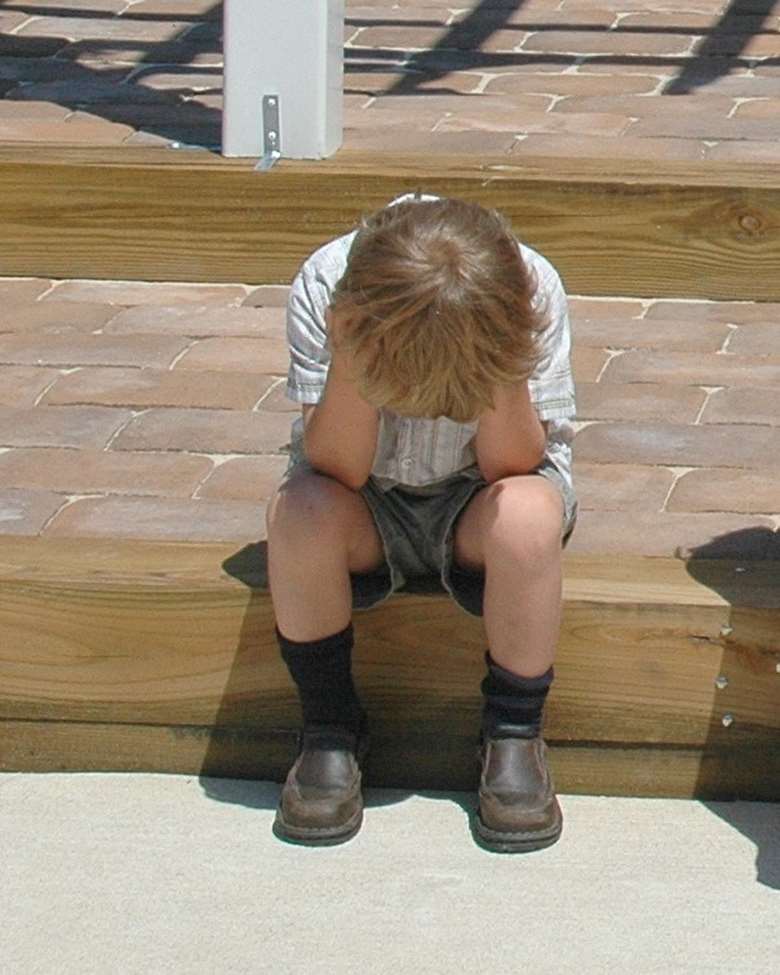Schools should play bigger role in child wellbeing, says Nice
Laura McCardle
Wednesday, September 25, 2013
Teachers should be trained to spot the signs of emotional distress in pupils so that schools can better target support at those experiencing problems, new advice suggests.

A public health paper published today (Wednesday) by the National Institute for Health and Care Excellence (Nice), gives best practice advice for local authorities on improving the wellbeing, confidence and behaviour of children and young people across the range of children's services, while providing the best value for money.
The briefing outlines a number of recommendations, including a suggestion that schools use “targeted approaches” for children who show signs of emotional distress or behavioural problems.
The briefing states this could be achieved by ensuring that teachers are trained to identify such problems and that they have access to specialist support should it be required.
It has been drawn together using existing Nice guidance, which focuses on vulnerable children under five years old and children in primary and secondary education.
It also suggests that children’s services should ensure that all vulnerable children can access high quality childcare, on a full or part-time basis, delivered by specialist early years providers.
Professor Mike Kelly, director of the Centre for Public Health at Nice, believes that supporting the emotional and social wellbeing of children and young people is important for society as a whole.
He said: “This briefing will help local authorities across the country provide the best care for children no matter where they live, save money and improve lives.
“It aims to help local authorities create a safe environment for children and young people which is emotionally secure and which prevents behavioural problems. This will provide the best opportunity for children to reach their full potential both academically and personally – developing their ability to resolve conflicts, solve problems, cope with difficult experiences and reduce risk-taking behaviours.
“Taking co-ordinated action now can help create a happier, healthier future for children and their local communities.”
Nice has created the briefing to help local authorities meet objectives set out in the Public Health Outcomes Framework for England, 2013-2016.
The document, published in January 2012, focuses on how local authorities, the NHS and Public Health England can improve the health and wellbeing of people in their local communities.




